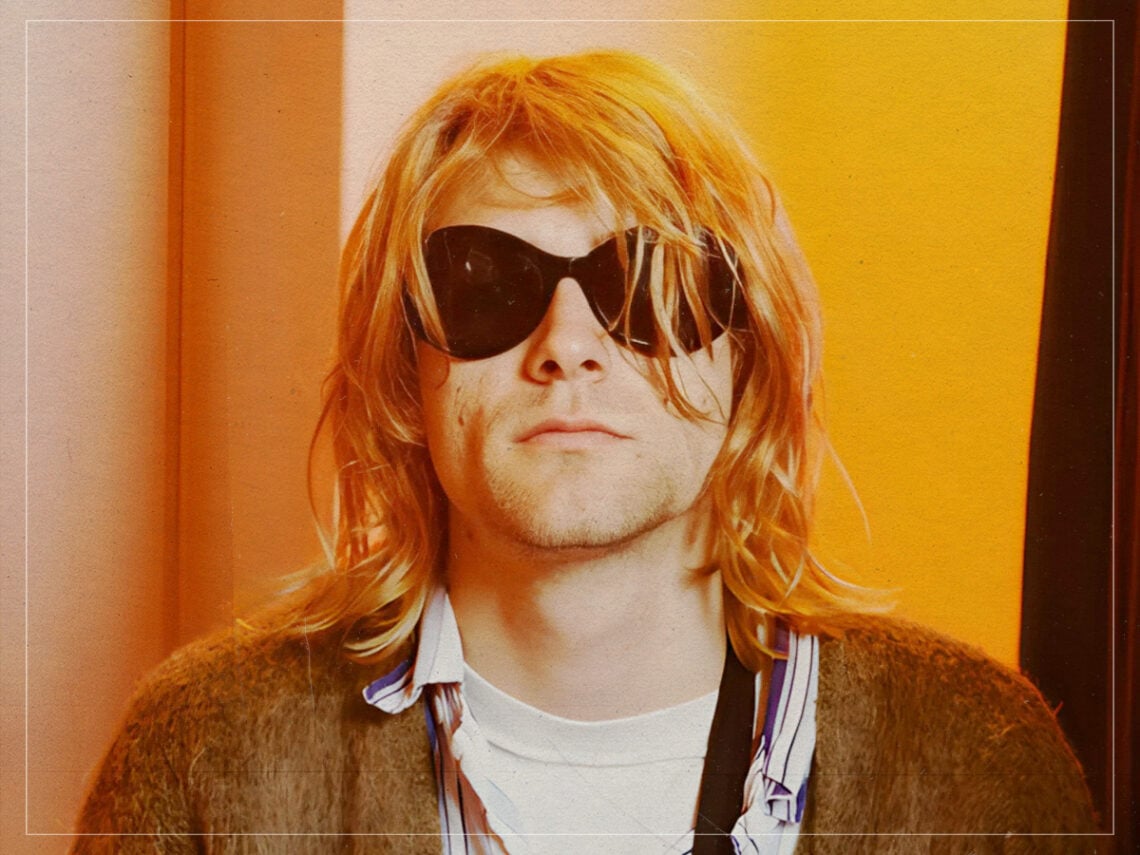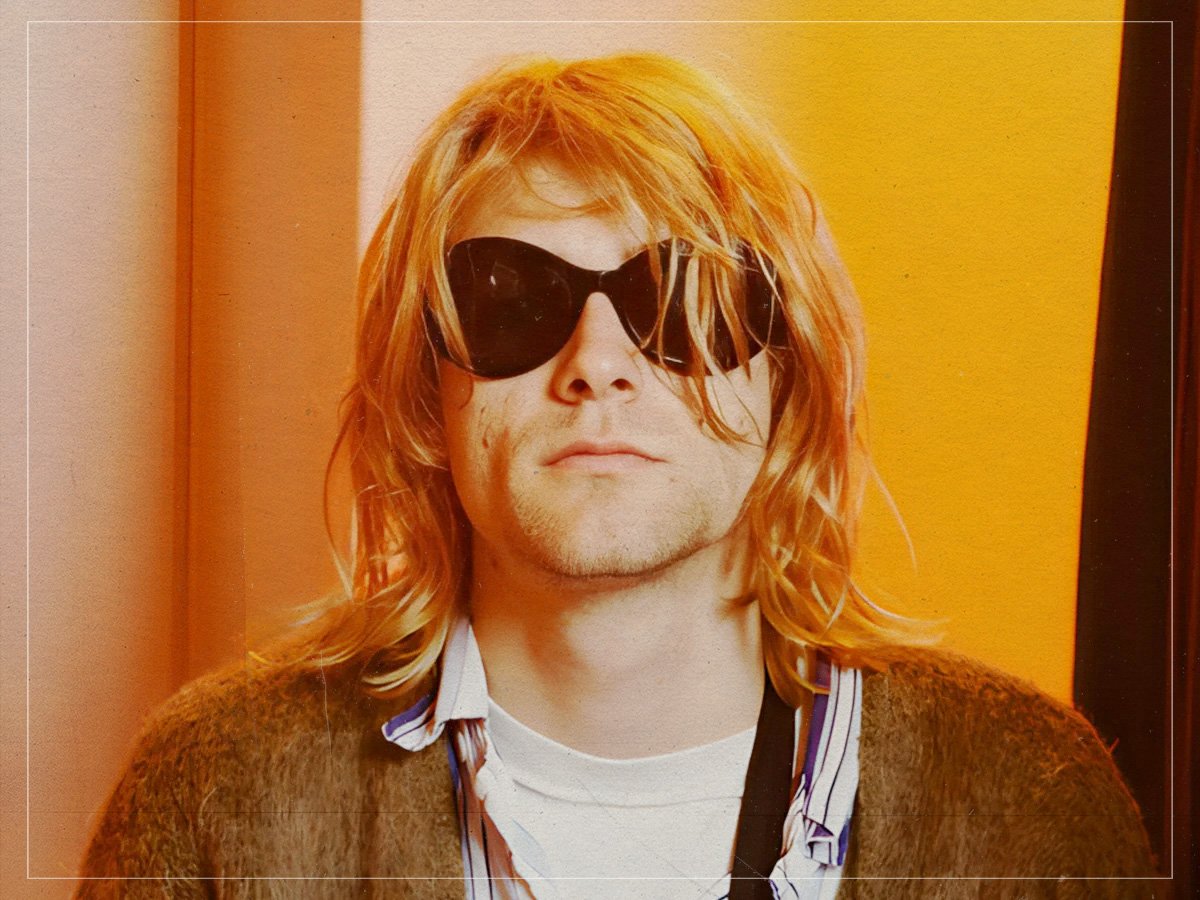
(Credits: Far Out / Nirvana)
Sat 1 November 2025 3:00, UK
Nothing about the journey that Kurt Cobain took to stardom was linear, for after listening to his first-ever Beatles record, all he wanted to be was the next Ringo Starr.
“I always wanted to be a drummer,” Cobain once said, drawn to the way Starr led a song with an instinctive, relaxed feel, and the way he was, literally and figuratively, the true heartbeat of the entirety of the 1960s British invasion.
“When I was around seven years old, I thought for sure that I could be a rockstar,” the Nirvana frontman admitted, “Ever since I could remember, I wanted to be Ringo Starr. But I wanted to be John Lennon playing the drums.”
Cobain already knew he wanted to make music as early as five years old, his focus on pursuing a creative outlet for his personal experiences, which later contributed to his presence as an outsider and outlier, intensifying as a young kid on the playground, observing the world around him. The fact that he knew he was different didn’t come from a swollen ego or standoffishness, but a deep-seated realisation of the truth about who he was as a person.
Stick on any Cobain interview from any point in his career, and he comes across as a thorough music nerd to his core. He never manipulated his own legacy, never claimed originality and always praised those who made him the artist he became. Instead, remaining humble through it all, he constantly pushed the fact that Nirvana were just knock-offs of bands like Cheap Trick and The Knack.
This attitude is what also ensured he never took anything for granted. Even as a big name himself, he always felt awe in sharing the space with others he looked up to, and in interviews, he poured his heart out when discussing his heroes, as though he also wasn’t one of many. That’s the Cobain appeal: just the right amount of self-effacing, with a sprinkling of that familiar weight of someone who’s also pretty damn good at what they do.
A good example of this is when he recalled touring with Sonic Youth, recalling, “To be asked to go on tour with a band like Sonic Youth was like a dream come true. I still can’t describe what I felt. What an honour.” Thurston Moore was just as in awe at having Cobain grace the same stage and being in the same orbit, eventually dedicating an entire chapter to the late grunge star in his memoir, Sonic Life.
At one point, he felt like he’d included too much on Cobain, but quickly realised that was the point: his impact was so vast, so indescribable, that maybe it actually wasn’t enough talking about him. As he explained to Mojo, “Nirvana stood alone, just this charmed thing. At one point, I was thinking maybe there’s too much Kurt in this book. But I realised this is partly because his presence in our culture was so profound.”
Moore was right about the blonde-haired frontman having such an impact that it goes beyond simple description, but Cobain also managed this because of his presence among peers, and the way he held himself when he could have just as easily become just another egotistical rocker, another sheep in wolf’s clothing that clashed with the authenticity of their artistic vision. He would have never been like that, though, having already encountered such ugliness in the world before he was even old enough to drink.
Related Topics

